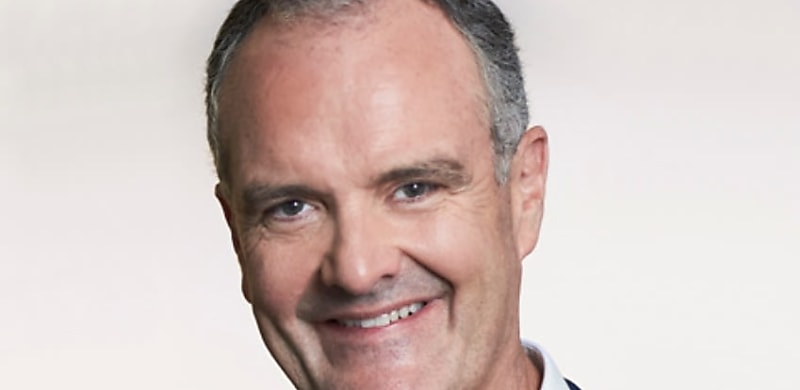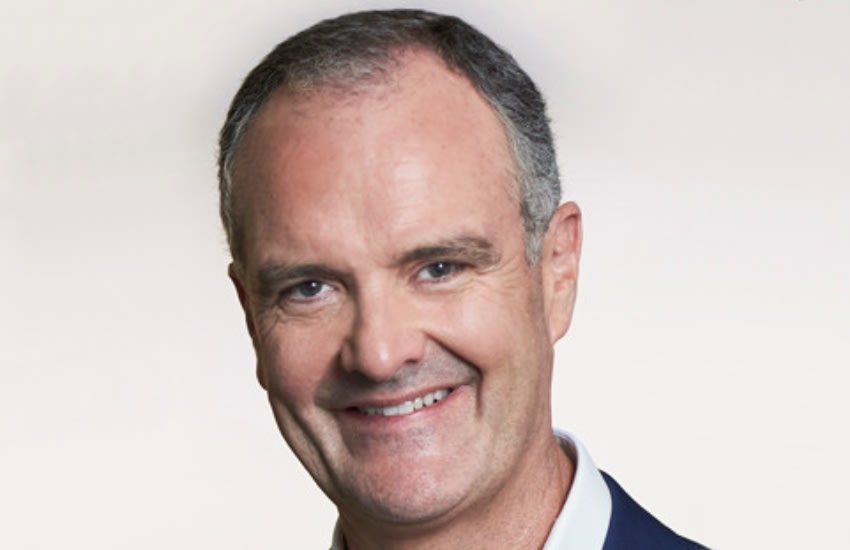
A survey conducted by Equifax has revealed that trade credit managers will become cautious in anticipation of an economic slowdown.
The data, analytics and technology company released its 11th annual Equifax National Credit Managers Survey 2022 on Wednesday (19 October), as it seeks to assess changes in trade credit practices, sentiments and conditions over the past 12 months.
Conducted in August–September 2022, the survey collected responses from 81 Australian credit managers and found there was decreased optimism in the wake of rising interest rates, increased cost of living, supply chain issues and changing government incentives.
For example, trade credit managers said they were expecting increased business insolvencies/delinquencies, rising rates, continued supply chain delays, input costs and the wider global economy to be crucial concerns facing businesses over the next six to 12 months, according to the survey.
The second leading issue facing this cohort of the credit space over the next six months was found to be finding and attracting new quality customers, as customers that were previously considered “high quality” may have experienced recent changes in risk profiles.
Indeed, data released from the Australian Securities & Investments Commission (ASIC) has revealed an upward trend in business insolvencies in 2022 driven by creditor wind-ups and companies going into voluntary administration.
Moreover, the Reserve Bank of Australia also recently flagged a growing likelihood of business insolvencies moving forward, while CreditorWatch has warned that more than 5,000 businesses could be at risk of default over the next 12 months.
In response, trade credit managers said there were three potential levers they would pull to prepare for economic slowdown, including:
- Monitoring high-risk customers more closely
- Reviewing risk in their portfolios
- Increasing account reviews
Almost two-thirds (65 per cent) of respondents stated that they planned on tightening collections in 2022, up from 53 per cent last year.
Further findings showed that managing risk against volatile economic conditions was likely going to become the main focus for credit managers (rather than enhancing the credit management process).
According to Equifax data, SMEs and sole traders operating in food and accommodation services, construction and wholesale trade are more likely to have personal loans over 30 days in arrears when compared to the national average.
General manager commercial at Equifax, Scott Mason, said the company expects the shift from credit management to risk management to “ramp up significantly”, and managers will need as much insight as possible to better accommodate their customers.
“The optimism we observed last year has taken a hit, with many credit professionals expressing concerns about how their customers will weather a perfect storm of higher interest rates, elevated inflation, and the gloomy and uncertain outlook of the global economy,” Mr Mason said.
He further stated that credit managers overall are aware that “broader economic conditions will impact how they approach high-risk customers”.
“We’ve seen that many smaller operators are experiencing financial pressures, and some may even be dipping into their personal finances to keep their business afloat,” Mr Mason concluded.
“Understanding the pain points of the people behind the businesses in their portfolios will help credit managers minimise cash flow exposure and prevent regulatory scrutiny and financial and reputational damage for their customers.”
According to the results from Momentum Intelligence’s Broker Pulse survey for October, brokers are decreasingly satisfied with the experiences they have with lender credit assessors, with satisfaction levels for assessors and lender business development managers (BDM) falling at its fastest rate last month since January 2022.
Credit assessor scores fell from a record high of 50 in August 2022 to 42 in September, while the BDM index dropped to a score of 50 in the same month following a record high of 58 in August.
The findings have come ahead of The Adviser’s SME Broker Bootcamp — which is due to take place across three states in November. As businesses face mounting challenges amid a weaker economy, brokers will hear about why now is a good time to diversify into SME lending and become a business owner’s trusted adviser.
Brokers will receive tips on how to produce quality lending submissions to help SME clients access finance and meet their growth profile and working capital requirements.
The event will be held in the following locations:
- Thursday, 17 November: Waters Edge, Portside Wharf, Brisbane
- Tuesday, 22 November: Parkroyal Parramatta, Sydney
- Thursday, 24 November: Crown Promenade, Southbank, Melbourne
Click here to register for free and make sure you don’t miss out!
For more information, including agenda and speakers, click here.
[RELATED: Business insolvencies feared: CreditorWatch]

